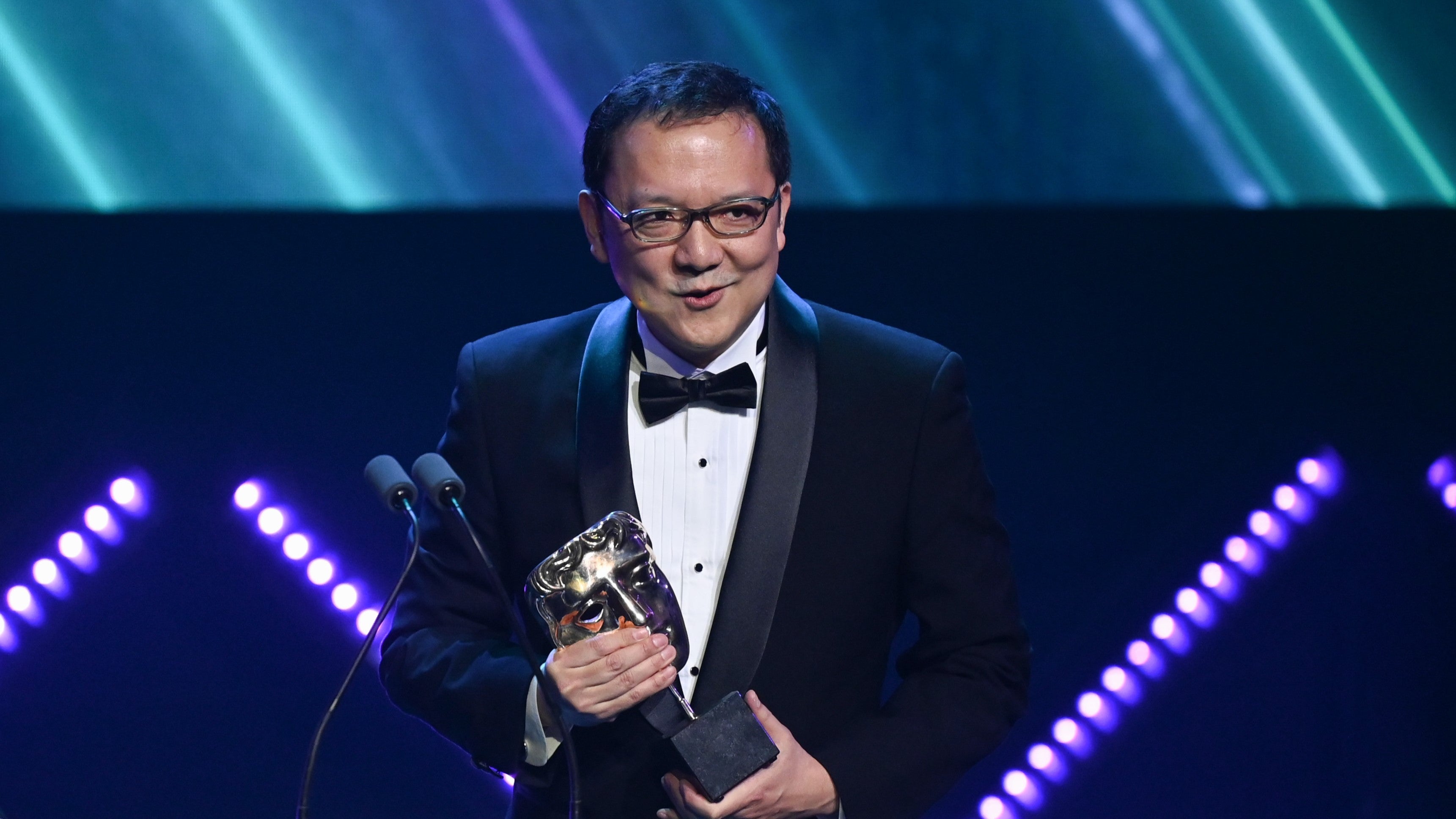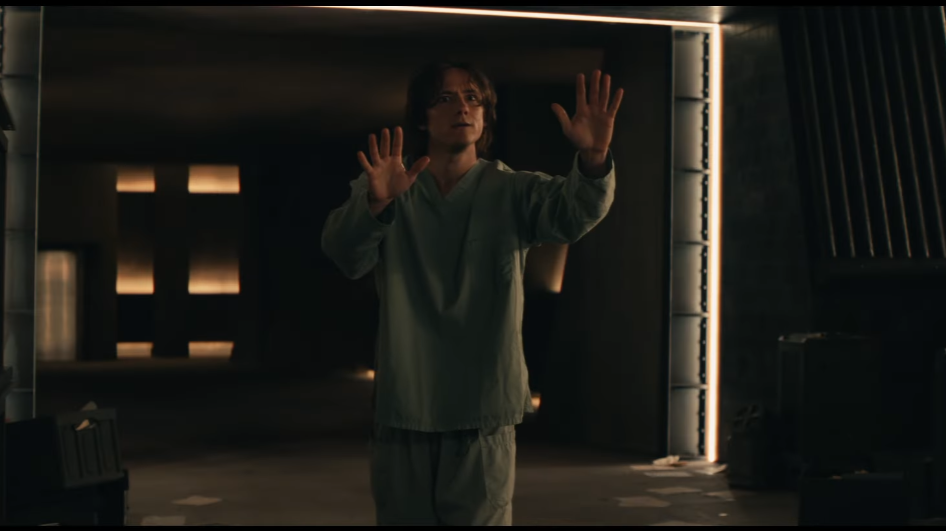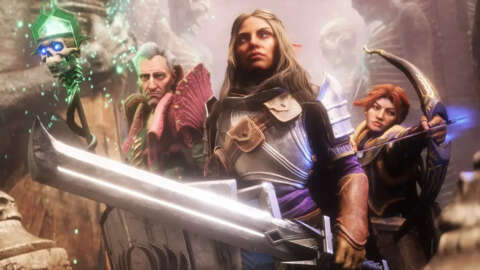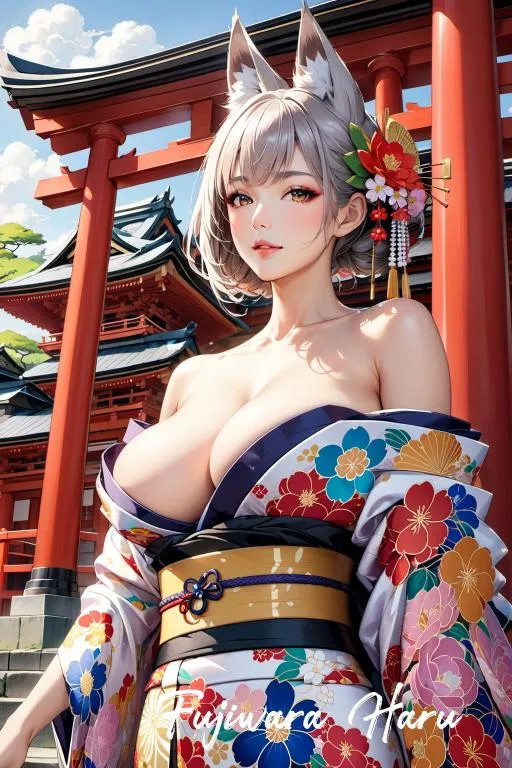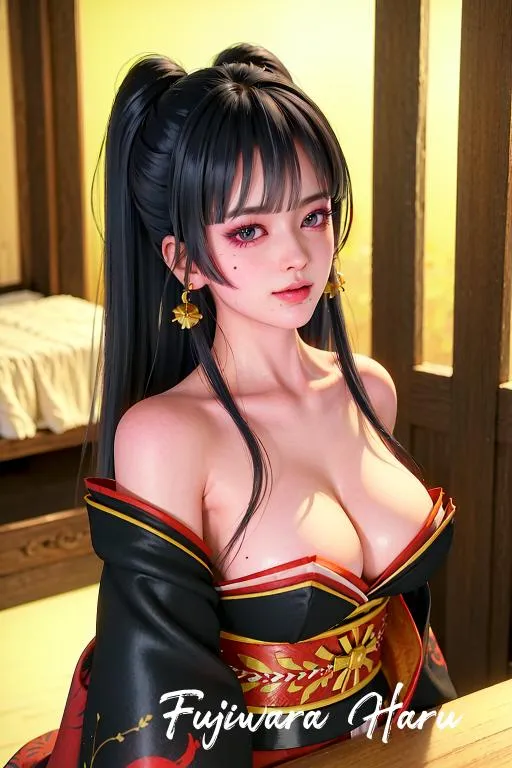Ubisoft has finally announced its long-awaited Assassin’s Creed game set in feudal Japan. Subtitled Shadows, it follows dual protagonists – a ninja named Naoe and a samurai based on the historical Black samurai Yasuke.
While it’s a known issue that Asian representation in Western games is severely lacking, I find it hypocritical and laughable that we’re only talking about the need for an Asian protagonist now that it’s been revealed Assassin’s Creed Shadows will star a Black samurai. This misses the forest for the trees. While I am always advocating for more Asian men in AAA games, I’ll be the first to say that better representation isn’t going to be found in yet another samurai hero.
Enough With the Samurais
Ubisoft deciding to focus on Yasuke — a known historical figure — is a smart move. An Assassin’s Creed game set in Japan that otherwise would have been, frankly, hard to distinguish from some other recent open-world samurai games. And if I wanted to see an Asian samurai protagonist I don’t have to look very hard.
Asian samurai protagonists are a path already well-trodden. There’s Sekiro: Shadows Die Twice, Katana Zero, Like A Dragon: Ishin!, Samurai Warriors, Rise of the Ronin, Onimusha, Way of the Samurai, Way of the Samurai 2, Ghost of Tsushima… There’s also my personal favorite, Muramasa: The Demon Blade. I can go on and on. So it’s difficult to come to any other conclusion than that the limited imagination of AAA game development can only envision Asian heroes when they wield katanas or ninja stars.
Worse still, the complex characters that were so wonderfully brought to life in shows like Shogun are often distilled into their simplest forms in games, especially those created by Western studios. While Japanese developer-led titles like Sekiro and Like a Dragon: Ishin utilize their samurai protagonists to tell nuanced stories about overcoming fantastical challenges, or provide a glimpse of street-level heroics in Edo Japan, the Western-developed games fail to hit a similar level of complexity, often falling back on tired tropes of honor and stoicism.
And that’s only accounting for games that try to tell a story using their samurai protagonist. More often than not the samurai archetype is a vehicle for combat first, eschewing any kind of narrative flavor for a cool sword and top-knot. Consider hero games like Overwatch that feature two kinds of samurai, and a ninja, for their Japanese cast. And all flowers to Ghost of Tsushima for its beautifully rendered open world and combat, but Jin Sakai has about as much charisma as a wet piece of cloth.
Wow, Cool Sword
The main grievance I have as an Asian American in games in regards to representation isn’t the lack of it — as evidenced by the Wikipedia page full of Asian fighters and ninjas and samurais — but rather is the lack of diversity therein. I’ve reported previously in a story about Asian American game devs and representation, we are not a monolith and I, a Korean-American, don’t gain a sense of representation by seeing a Japanese samurai, or a Japanese ninja, or a kung-fu master or ancient gray-haired mystic for that matter.
Of course, all of this comes with the caveat that it is the nature of AAA game development to focus on “cool” characters with wide appeal. Samurais and ninjas are cool, and their tools and weapons lend themselves to big action blockbusters, so is it surprising that such characters become the default? Maybe not, but after so many games it’s still disappointing to see how little chances these stories take with these characters.
Given the Assassin’s Creed franchise’s history-jumping concept, we could have our cake and eat it too with a little effort. Why settle for another samurai hero when the franchise could easily go to the Mongol Empire, or post-revolution China? Or even the Pacific Theater in World War II, which was a hotbed of counter-imperial espionage led by Asians?
This problem of only defaulting to a katana-wieldinig Asian protagonist isn’t exclusive to Western studios as both Capcom and Square Enix often choose to rely on Asian heroes only when they need a samurai or ninja. But even then, Japan and other Asian studios are still more forward thinking than their Western counterparts on who can be the face of their games.
It’s ironic, but Tango Gameworks is responsible for what I think has been the best Asian protagonist in games in the often overlooked Ghostwire: Tokyo. It’s a game set in modern-day Tokyo with a 21st century Asian protagonist whose responsibilities lay with his dying sister. There isn’t a feudal lord and, honestly, it’s everything I could’ve asked for from a AAA game project with an Asian lead. Not to mention the work Sega and Atlus have done with games like Yakuza, Persona, and Shin Megami Tensei who portray modern characters in unique settings.
We Mustn’t Be Afraid to Dream a Little Bigger
I find comments saying that Assassin’s Creed Shadows is a missed opportunity to represent even more Asian protagonists embarrassing. As an Asian man, I don’t want to see us have the roles we’re expected to have. I want the roles we’ve not had before. I would love for the next Alan Wake-style horror game to have an Asian protagonist, or for Star Wars to follow in the footsteps of The Acolyte and have an Asian lead.
When I push for greater diversity in games it’s not so that the next AAA samurai game will star an Asian protagonist, it’s so that the next Naughty Dog game, or the next Hideo Kojima game, or hell, even a Final Fantasy game, could imagine an Asian hero.
Matt Kim is IGN's Senior Features Editor. You can reach him @lawoftd.

